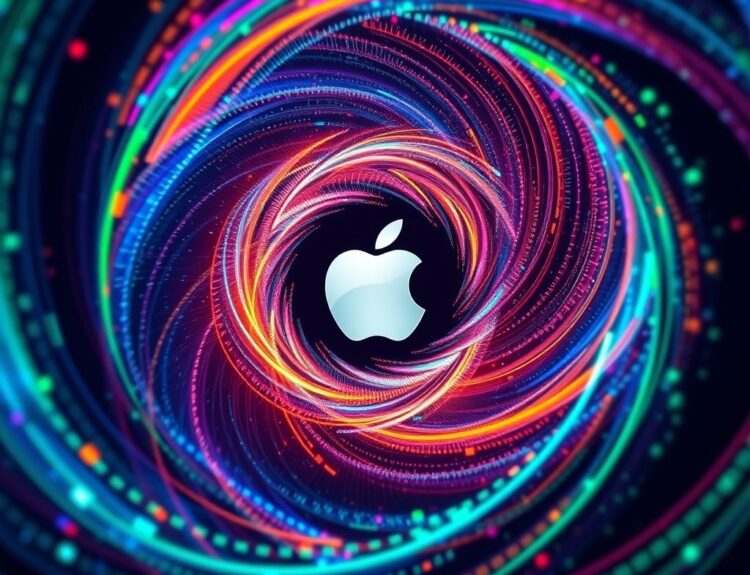Ever tried explaining something complex to a chatbot? It can feel like talking to a brick wall sometimes. Well, it turns out that frustration can have real consequences when it comes to your health. I stumbled upon an interesting article from VentureBeat about an Oxford medical study, and it really got me thinking. The title itself, “Just Add Humans,” says it all.
This study highlights a critical point: patients who rely solely on chatbots to assess their medical conditions might actually end up worse off than those using traditional methods. In a world increasingly obsessed with AI, it’s a sobering reminder that technology isn’t always the silver bullet.
We’re seeing AI pop up everywhere, and healthcare is no exception. Chatbots promise quick, convenient access to medical information and preliminary assessments. Sounds great, right? But here’s the catch: these tools often lack the nuanced understanding and empathy that a human doctor brings to the table. As a recent study published in JAMA Internal Medicine pointed out, while AI can perform well on standardized tests, its ability to handle complex, real-world scenarios involving human emotions and unique medical histories remains limited.
Think about it: a doctor can pick up on subtle cues – your tone of voice, your body language – that a chatbot would completely miss. They can ask follow-up questions based on your specific answers, tailoring their advice to your individual needs. A chatbot, on the other hand, relies on pre-programmed algorithms and might not be able to deviate from its script, even if your situation calls for it. A 2023 study by the Peterson Center on Healthcare and KFF found that nearly 40% of adults in the U.S. report feeling rushed during doctor’s appointments, suggesting that even human interaction in healthcare needs improvement. Imagine replacing that rushed interaction with a completely impersonal one – it’s a recipe for misdiagnosis and inadequate care.
The Oxford study underscores the importance of human oversight in AI-driven healthcare. It’s not about rejecting technology altogether, but about recognizing its limitations and integrating it thoughtfully. We need to ensure that AI serves as a tool to assist, not replace, human clinicians.
Here are 5 key takeaways from this study and the broader discussion:
- AI is a tool, not a replacement: Chatbots can be helpful for basic information and triage, but they shouldn’t be the sole source of medical advice.
- Human interaction matters: Empathy, nuanced understanding, and personalized care are crucial elements of effective healthcare that AI currently lacks.
- Beware of over-reliance: Don’t assume that a chatbot’s assessment is always accurate or complete.
- Regulation and oversight are needed: As AI becomes more prevalent in healthcare, we need clear guidelines and regulations to ensure patient safety. The FDA, for example, is actively working on establishing a framework for regulating AI-based medical devices.
- Focus on augmentation, not automation: The goal should be to use AI to enhance the abilities of human clinicians, not to replace them entirely.
Let’s embrace technology in healthcare, but let’s not forget the crucial role of human connection, empathy, and clinical judgment. After all, when it comes to your health, you deserve more than just a robotic response.
FAQ: Chatbots & Your Health
- Are medical chatbots safe to use? Medical chatbots can be safe for basic information, but they should not replace consultation with a real doctor.
- Can a chatbot diagnose my illness? No, chatbots are not equipped to provide a diagnosis. Always consult a healthcare professional for proper diagnosis and treatment.
- What are the benefits of using a medical chatbot? Chatbots offer convenience, quick access to information, and can help triage symptoms.
- What are the risks of using a medical chatbot? Risks include misdiagnosis, inaccurate information, and lack of personalized care.
- How can I ensure the chatbot I’m using is reliable? Look for chatbots developed by reputable medical institutions or healthcare providers.
- Should I tell my doctor if I’ve used a chatbot for medical advice? Yes, always inform your doctor about any information you’ve received from a chatbot.
- Can chatbots provide mental health support? Some chatbots offer mental health support, but they are not a substitute for therapy or counseling with a licensed professional.
- Are my conversations with a medical chatbot private? Check the chatbot’s privacy policy to understand how your data is stored and used.
- How is AI regulated in healthcare? Regulatory bodies like the FDA are developing frameworks to oversee AI-based medical devices and ensure patient safety.
- Will AI replace doctors in the future? It’s unlikely AI will completely replace doctors. The focus is more on AI assisting and augmenting the work of healthcare professionals.








